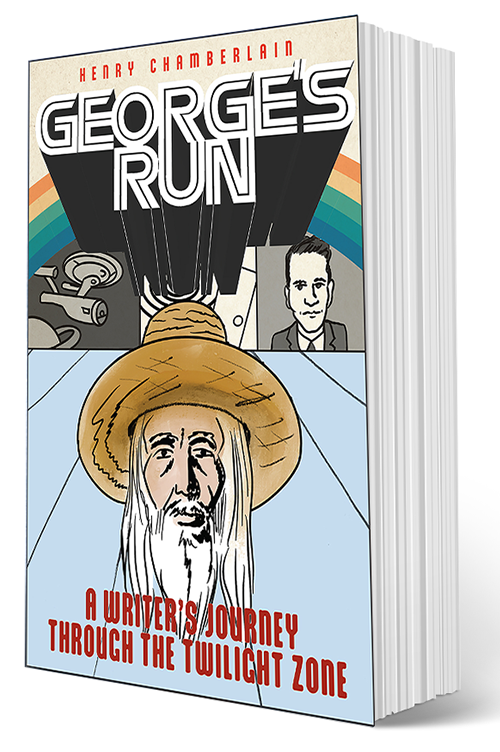If Wonder Woman did not exist, surely she would have to be created, right? As comic book historian Tim Hanley makes clear in his new book, “Wonder Woman Unbound,” there never was just one Wonder Woman and, lucky for us, she has emerged as the symbol we are all familiar with. But just how familiar? Yeah, what is Wonder Woman all about? That my friend is worthy of a book and here is that book.
As the tile is so coy to suggest, here is a book that aims to unravel the mystery of a character who has been bound by mystery. Now, this won’t be much of a secret to longtime fans of Wondy when you bring up her creator’s interest in bondage. William Moulton Marston had specific ideas about Wonder Woman and how she could promote a better world. In his view, the clash between men and women could be alleviated if men simply submitted to women. How Wonder Woman ends up being tied up as often as she does in the Golden Age of comics, goes back to Marston’s predilections.
Wonder Woman had to carry the baggage of a more repressed era’s way of dealing with its sexuality. I think it comes down to a very clumsy inability to know when to stop, when it became too much information. Was it a noble experiment to bring in bondage sex acts, thinly veiled or not, into mainstream comics? Here is where you can either argue in favor or against Marston’s methods or simply ignore them and plough through to whatever other point you find more compelling. Hanley provides a number of interesting examples of just that. When Gloria Steinem celebrated the feminism of Wonder Woman by featuring her on the first issue of Ms. magazine in 1972, how did she reconcile Marston’s repeated use of bondage in comics meant for children? She chose to ignore it as the proverbial elephant in the room.
And in doing so, Steinem’s efforts to revitalize Wonder Woman came at a price. She wasn’t setting forth an honest discussion. Instead she was simply taking what fit into her agenda. If she had taken on the bondage issue, imagine how much deeper she could have gone with her effort to not only revitalize a symbol but reclaim it as part of something much bigger. She could have put Marston in his place, a misguided man attempting to speak for women. As it was, Steinem does deserve credit for her efforts, even if they did not quite hit the mark as well as they could have.
No doubt, Steinem did a decent enough job. While he would never see himself this way, Marston was quite a wily character. He thought that it was through submission to women, that men would gain an appreciation of women. The war of the sexes would come to and end. And he thought it was boys who needed to be indoctrinated lest we lose that war. Yes, the imagery would be titillating. How else to get a boy’s attention? And, of course, comics were for boys, the group that Marston targeted. If girls liked Wonder Woman, well, fine. It was the boys that Marston was interested in. Sound sort of twisted? Well, thankfully Hanley proves quite capable as a guide through all this muck.
Marston aside, and that’s one big aside, Hanley navigates a plethora of pop culture and we’re the richer for it. On some level, Hanley must be sensitive to the idea of attempting to create a silk purse out of a sow’s ear when it comes to Wonder Woman or any mainstream superhero comic book character. Yes, some great fiction has resulted but you begin with a lump of clay, a lump of clay with little if any innate artistic ambition. Creators must work their magic, and so on, but I digress. Hanley is wise to his subject. It’s about Wonder Woman and it’s not. If we continue to move in the right direction, then Wonder Woman can be a more meaningful symbol, maybe even result in some good comic book fiction. In the world of pop culture, and possibly beyond that, this is a character that matters because it, well, has taken on a life of its own.
Superheroes can be like sausage where you really don’t want to know what it took to create them. At least that’s the case for too many of them. There are a few that are quite interesting. And then there is the elite group that are significant, even important. Wonder Woman is in the top tier. In fact, as superheroes go, there are only a few that register worldwide. Three of them hog the spotlight but, without a doubt, you have one very unique character, and symbol, with Wonder Woman. Thanks to Tim Hanley, we have a better understanding and appreciation of this iconic figure.
“Wonder Woman Unbound” is published by Chicago Review Press. It is a 320 page trade paperback and is now available. You can pick up your copy, print or Kindle, at Amazon here.












Great post, Henry. The book seems fascinating. Must check it out.
Pingback: Interview: Tim Hanley and ‘Wonder Woman Unbound’ |